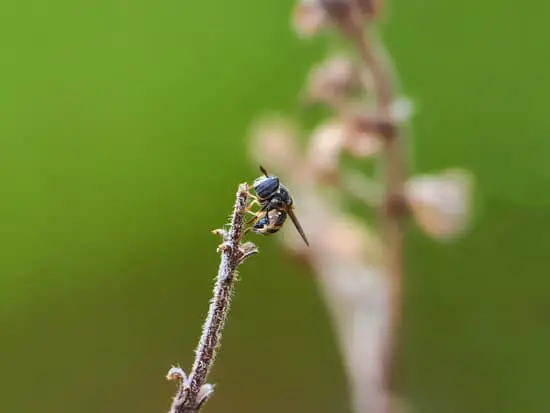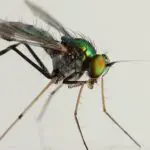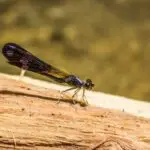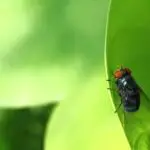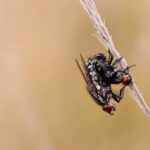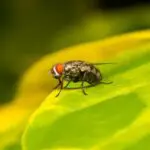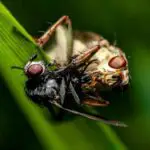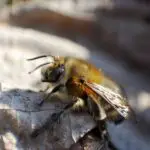When Do Flies Sleep?
Flies’ bodies contain proteins that regulate their sleep and wakefulness. The proteins are similar to those found in humans, and build up in the dark and break down in the light. Flies also have these proteins in their eyes. Some substances, like antihistamines and alcoholic beverages, can affect their sleep.
Flies spend most of their day buzzing around with their companions. At night, they will look for a cool place to rest. They prefer the undersides of leaves and twigs, or under rocks. This is because they need a place to sleep where they can maintain a grip on the ground and avoid being eaten by hungry birds or frogs.
It’s important to note that sleep parameters vary significantly between flies and within populations. In addition, the response of flies to sleep deprivation shows high interindividual variability. To accurately characterize fly sleep patterns, many individuals must be studied. It is also important to note that flies sleep at different times of the day, and that their activity patterns are different from those of humans.
Flies sleep during the night because they need to conserve energy. The cooler temperature during the nighttime is ideal for sleeping. However, flies can sometimes take short naps during the day. This does not mean they avoid activity, though; they simply need a rest. Despite their busy lives, flies need rest to function properly.
